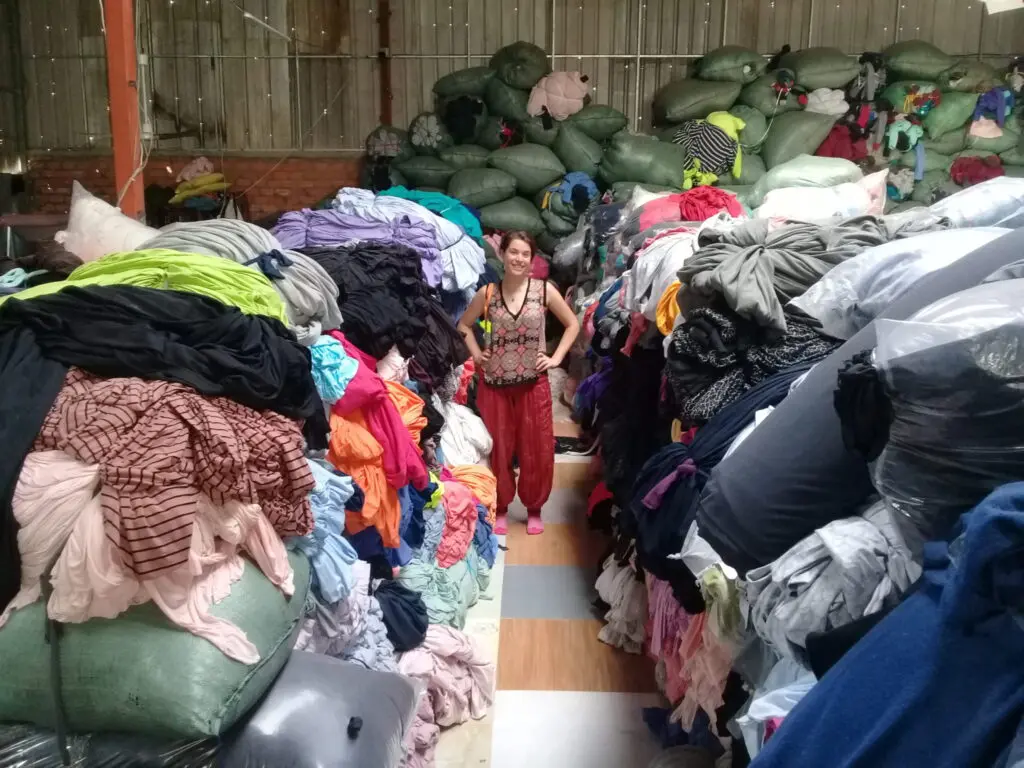In the world of used clothing and textile collection and processing, 2022 has started pretty much where 2021 left off. Market values continue to remain steady although still somewhat depressed.
Demand from main markets in Africa, Europe and Asia have remained reasonably good in terms of the quantity they want but importers throughout Africa are continually trying to push down the price they pay for clothing. This is against the backdrop of the continuing high costs of obtaining containers and the routine delays that we have come to expect in the last few years.
It is not uncommon for wholesalers in recipient countries to complain with great gusto about the quality of goods they are shipping into their countries, even if the clothing they have bought has been highly sorted before being put up for sale. They do this as a means of trying to barter down the prices.
Despite all this, they still routinely go back to the same supplier for their next order, knowing they can rely on them to supply them with the quality of goods they need.
Honesty is best
It is important that suppliers understand they have a role to play in being open about their costs, explaining why it can be difficult to bring down their prices and trying to ensure their wholesale customers they are paying a fair and competitive price for their clothing and textile items.
I would like to see a future where businesses are more honest with each other as this is more conducive to a long-term and prosperous business relationship. Suppliers and wholesalers don’t want to make trading conditions difficult for each other. Considerate negotiations on prices are far more likely to result in a win-win situation that both parties can be satisfied with.
Looking ahead
What we are almost certainly likely to see over the forthcoming months and throughout 2022 are notable developments in the areas of policy. These could present both opportunities and barriers for the textile recycling industry.
On 1 January 2022, Sweden became only the second country in the world to introduce extended producer responsibility (EPR) on clothing and textiles. France, which was the first, has also introduced a ban on fashion retailers landfilling or burning new stock that remains unsold. This could mean additional flows of clothing from fashion retailers entering the used clothing market.
Read the full textiles update in the upcoming issue of Recycling International.
Don't hesitate to contact us to share your input and ideas. Subscribe to the magazine or (free) newsletter.



